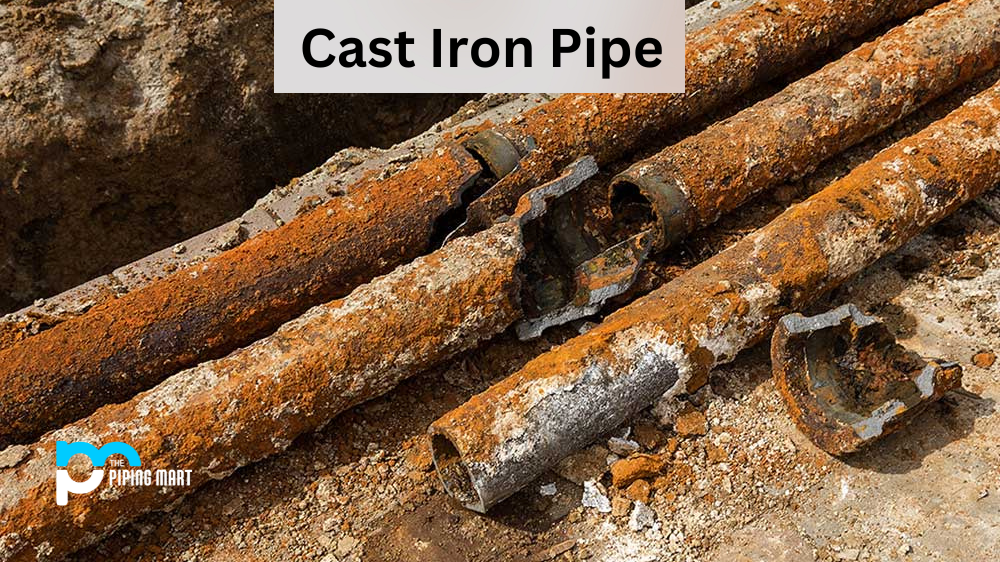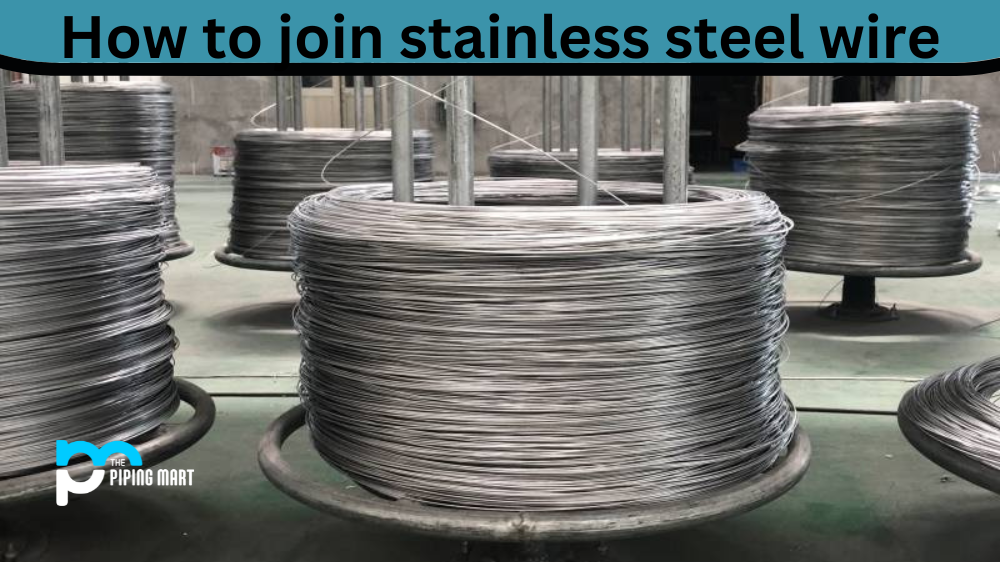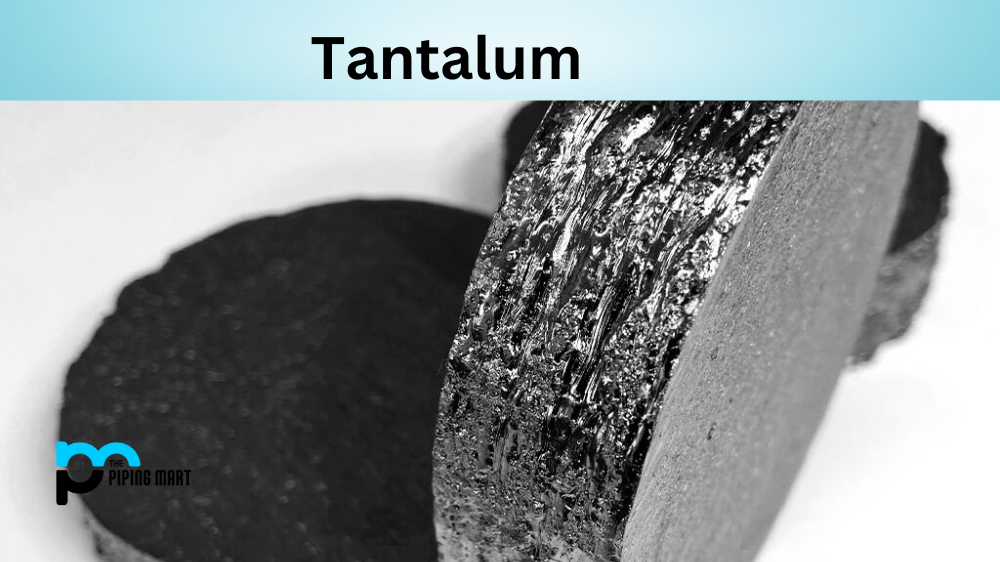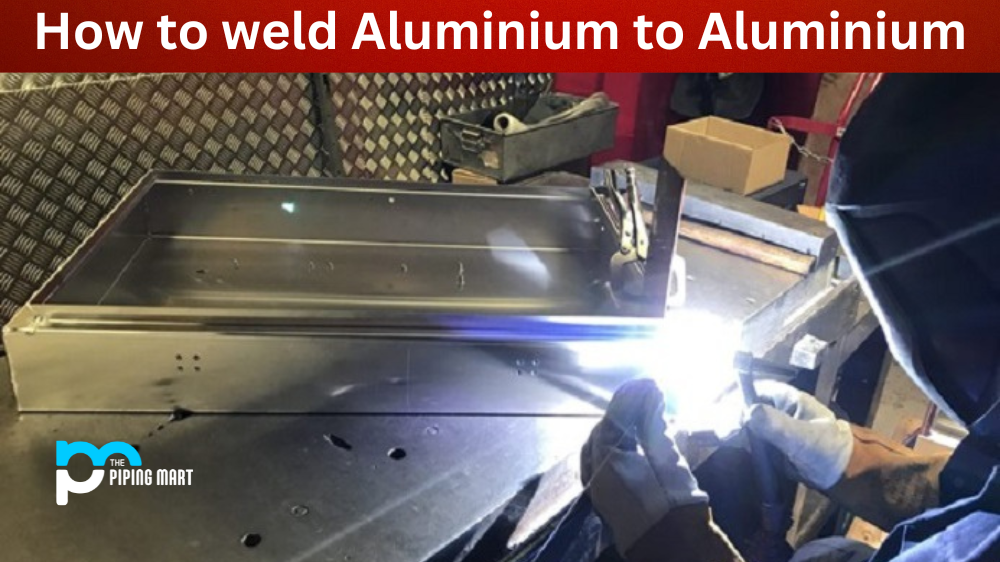Cast iron pipes are a popular choice for plumbing systems due to their durability and low cost. While cast iron pipe has many benefits, it also has some drawbacks. Let’s look at the pros and cons of cast iron pipe so you can determine if it’s the right choice for your project.
Advantages of Cast Iron Pipes
Cast iron is one of the most durable materials used in plumbing systems today. It is extremely strong and can last for up to 100 years. This makes it an ideal choice for commercial applications or areas where sewer lines are prone to clogs or damage. Additionally, cast iron is not affected by water temperature changes like other materials, making it suitable for both hot and cold water delivery systems. As a bonus, cast iron pipes are inexpensive compared to plumbing materials such as PVC or copper.
More Durable
One of the primary advantages of cast iron pipes is that they are more durable than other types of pipes. This is because cast iron pipes are made from a material resistant to corrosion and wear. Additionally, cast iron pipes are often lined with a protective coating that helps to extend their lifespan further.
Less Likely to Leak
Another advantage of cast iron pipes is that they are less likely to leak than other types. This is because the material used to make cast iron pipes is strong and not prone to cracking or breaking. Additionally, the joints in cast iron pipes are sealed tightly, which helps to prevent leaks.
Low Maintenance
Cast iron pipes are also low maintenance, as they do not require regular cleaning or replacement like other pipes. Also, cast iron pipes are not susceptible to damage from freezing temperatures, so they can be used in areas where the ground freezes during winter.
Can Withstand High Water Pressure
Another advantage of cast iron pipes is that they can withstand high water pressure without leaking or bursting. This is because cast iron is a very strong material that is not easily damaged. Additionally, the joints in cast iron pipes are designed to withstand high water pressure without leaking.
Environmentally Friendly
Cast iron pipes are also environmentally friendly, as they can be recycled and reused multiple times. Additionally, cast iron pipes last longer than other types of pipes, so fewer resources are required to produce them.
Disadvantages of Cast Iron Pipes
While cast iron pipes have many advantages, they also come with some drawbacks. One major disadvantage is that they are very heavy and difficult to install without the proper equipment or experience. Additionally, they can be prone to corrosion over time due to contact with oxygen in the air which can cause them to fail prematurely if not adequately protected or maintained. Finally, because of their weight, cast iron pipes cannot be used in earthquake-prone areas since they will likely break if subjected to excessive vibration from seismic activity.
Rust
One of the primary disadvantages of cast iron pipes is that they are susceptible to rust. Rust can cause the pipes to become weak and eventually leak. Additionally, rust can cause the water flowing through the pipes to become contaminated.
Cost
Another disadvantage of cast iron pipes is that they are generally more expensive than other types, such as PVC or copper. This is because cast iron pipes are more difficult to produce and require more materials.
Installation
Cast iron pipes can also be more difficult to install than other types. This is because the pipes are very heavy and require specialized equipment to install properly. Additionally, a qualified professional must install cast iron pipes to ensure that they are installed correctly.
Weight
The weight of cast iron pipes can also be a disadvantage. This is because the weight of the pipes can stress the foundation of a home or building. Additionally, the weight of the pipes can make it difficult to transport them from one location to another.
Noise
Another disadvantage of cast iron pipes is that they tend to be noisy. This is because the water flowing through the pipes can cause them to vibrate, which creates noise. Additionally, cast iron pipes tend to expand and contract as temperature changes, which can also cause noise.
Conclusion:
Regarding plumbing materials, cast iron pipes offer several benefits, including strength, durability, affordability, and resistance to temperature fluctuations. However, these pipes may only be suitable for some applications due to their weight and susceptibility to corrosion over time. Before deciding on whether or not a cast iron pipe is ideal for your project, make sure you consider all the pros and cons before committing!




